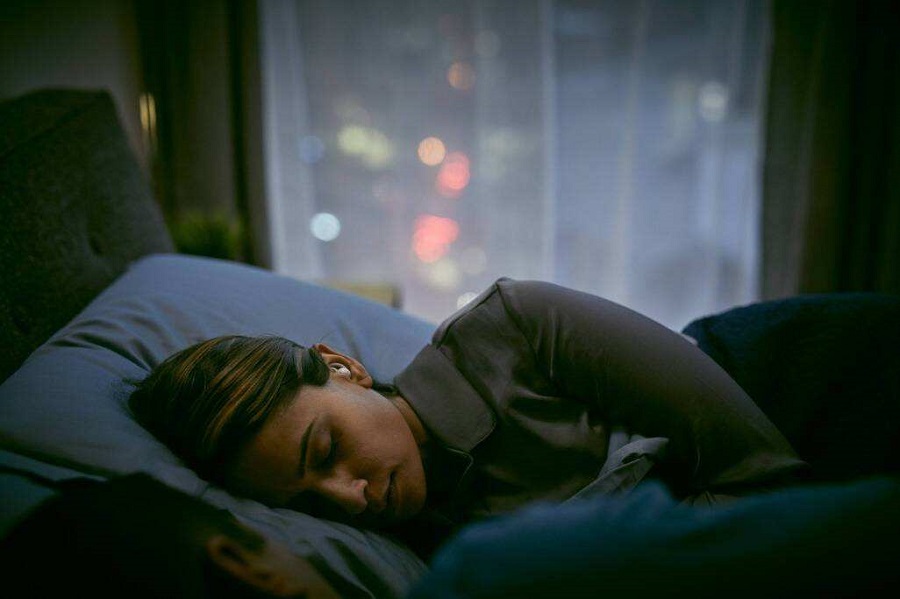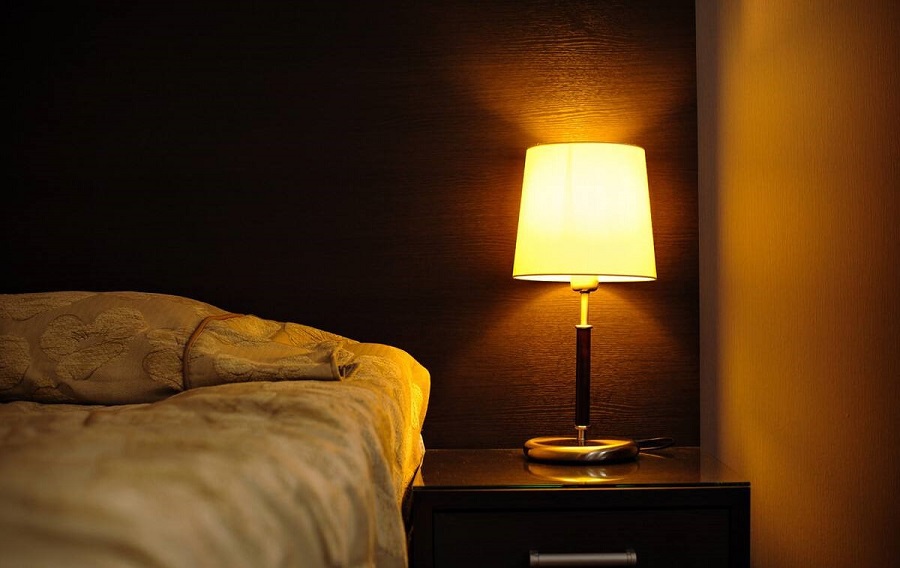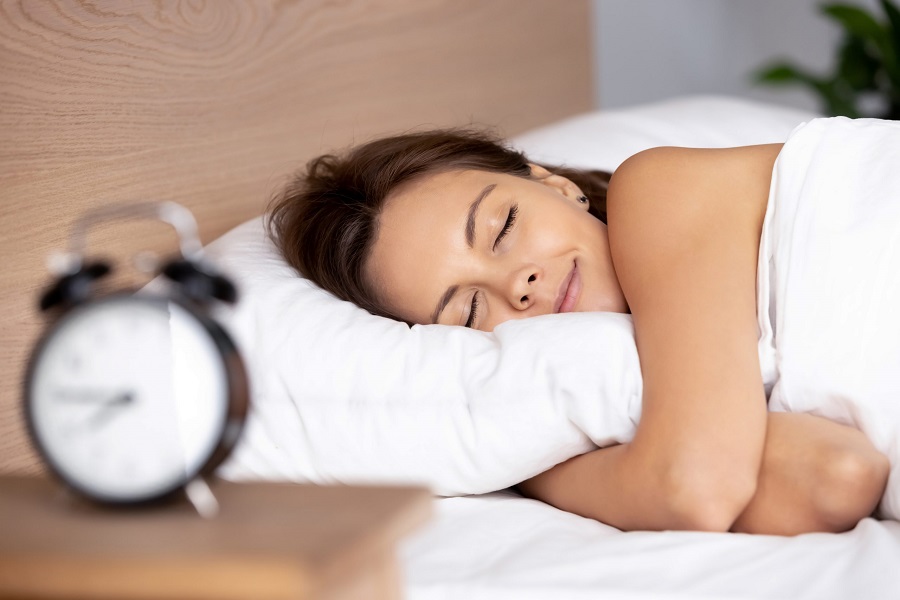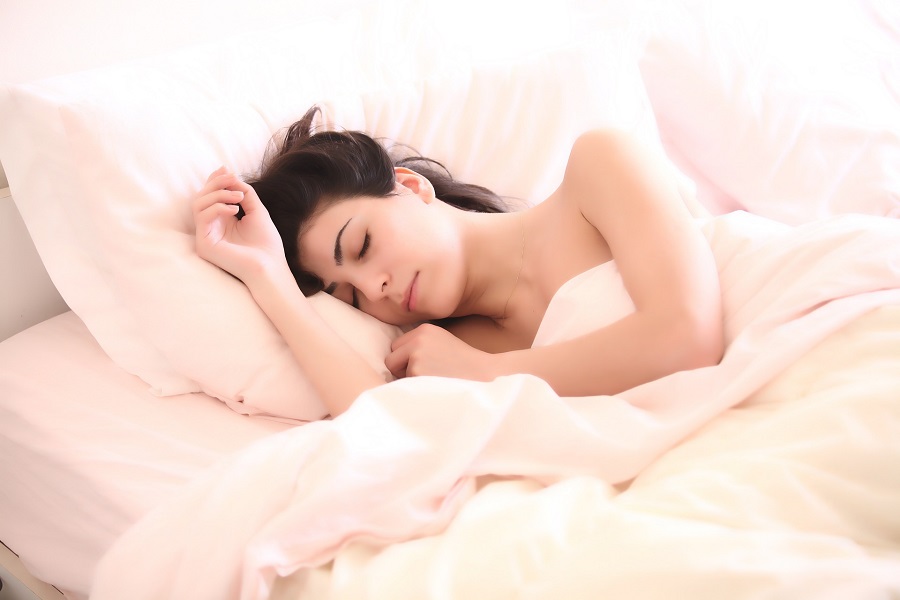What Does Staying Up Late Mean?
Nowadays, more and more people tend to stay up late due to the pressure from work and the diversity of entertainment. Even if they are very sleepy, many people would still choose to do so because they want to enjoy the quiet moments in the night. Thus the time when they go to bed has been postponed from 10 p.m. to 3 a.m. But what does staying up late exactly mean?

1. When you fall asleep can be referred to staying up late
In fact, there has never been a definite answer to this question. Because of different genes, some people may get sleepy at 10 p.m. and they sleep earlier than ordinary people. But the others may be contrary to the above, such people usually become more agile after dusk than during the day, and can work more efficiently. The main hormone that affects the biological clock is melatonin, and its peak secretion is between 11 p.m. and 4 a.m.. Therefore, lots of experts suggest that going to bed after 23 o’clock can be regarded as staying up late. But this is also controversial. More people believe, as long as it does not affect the sleeping quality, it will not be harmful to follow your own biological clock and ensure enough sleep time. Whereas it is generally recommended to go to bed before 23 o’clock.

2. If your sleeping time is regular, then don’t care too much about how late it is.
For example, if you go to bed at 2 o’clock every night and get up at 10 o’clock in the morning, and you sleep sound for 8 hours, then it would be enough. You might say that this case must be staying up late. Well, strictly speaking, it’s not, but it’s ” delayed sleep-wake phase syndrome”. So, if your sleeping time is regular, no matter how late it is, then this is not. Melatonin, which controls biological rhythms, affects our biological clock and circadian rhythm. Our bodies can perceive the temperature, light, humidity and other factors of the external environment. So, when the day comes, the external light gets stronger, and the temperature rises higher, our eyes and skin can still feel them even though we are still having dreams. Therefore, if you go to bed in the middle of the night, your body will perceive the temperature and light in the morning, but it will get a bit confused because the sleeping period is just too short. Your body may ask: “Hey, didn’t I just go to bed? How could the dawn arrive so soon?”

In the long run, it will inevitably lead to melatonin secretion disorder, the biological clock will be messed up, and your health will get harm. Consequently, we should avoid t stay up late in our daily life. Besides, it will benefit us to eat more vegetables and exercise regularly.















